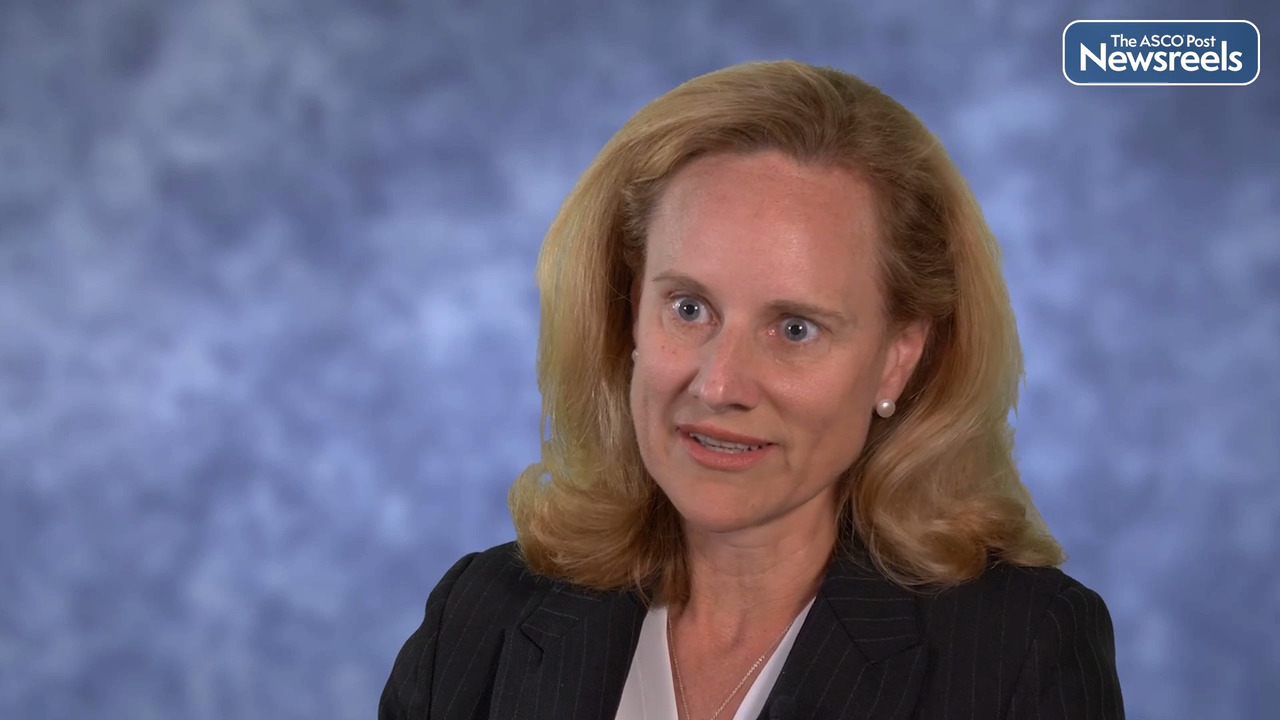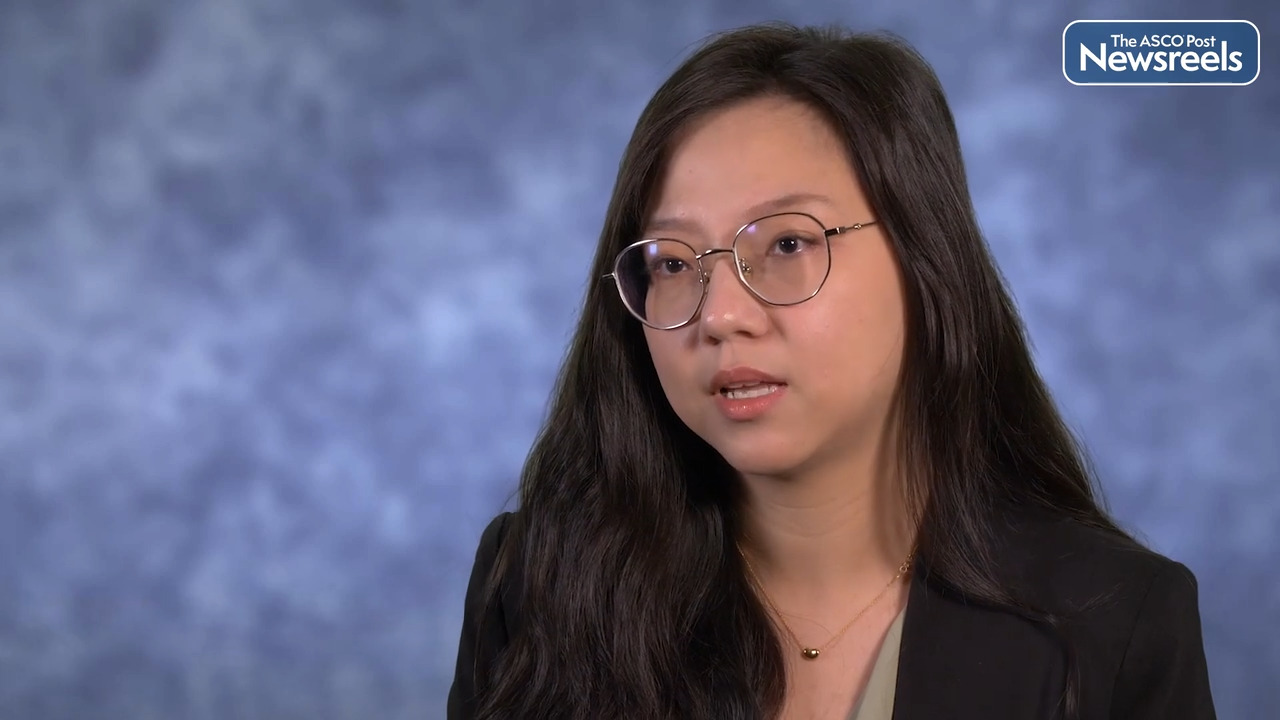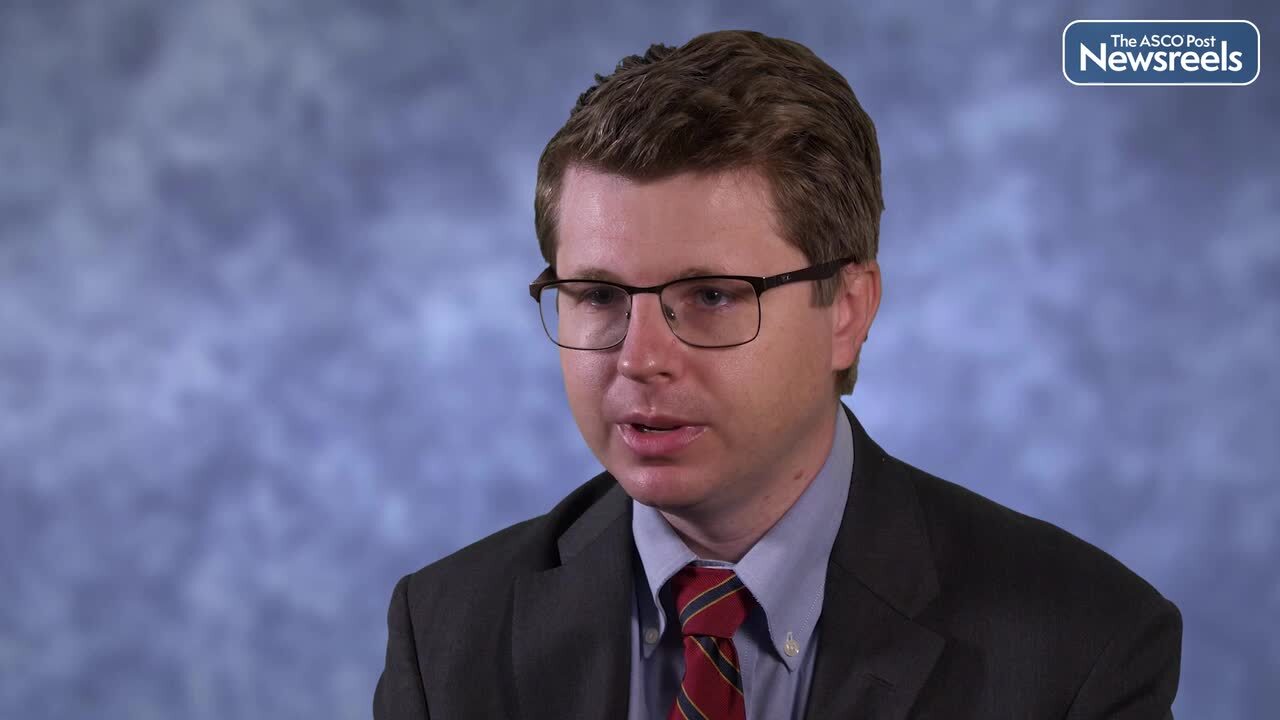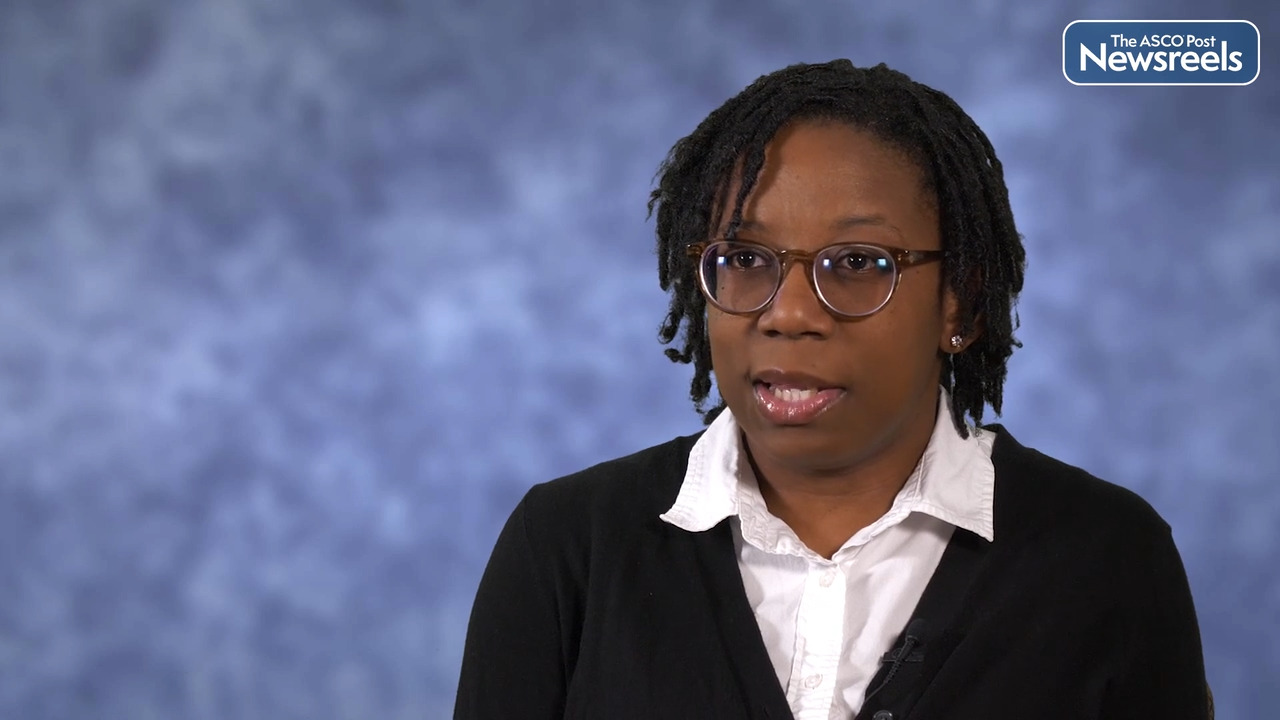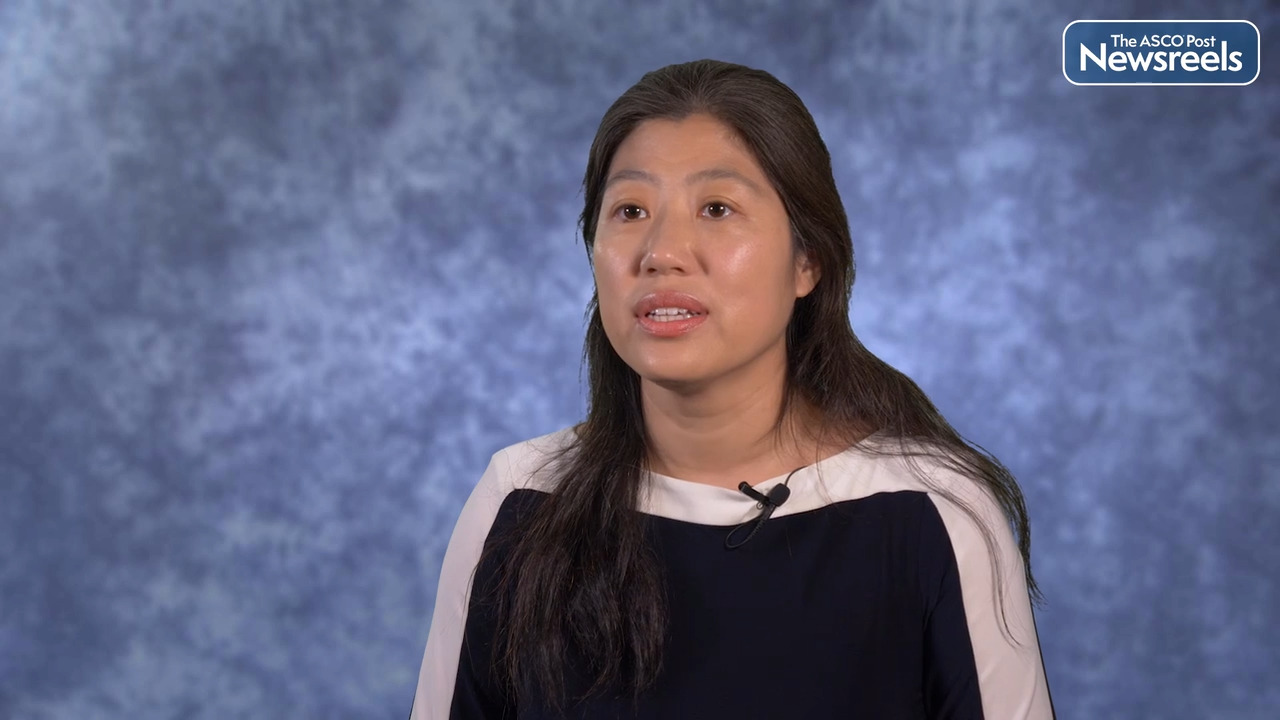Transcript
Disclaimer: This video transcript has not been proofread or edited and may contain errors.
We know that cancer survivor are a very unique population, where is going very rapidly, over the past few years, due to the aging trend and advancing cancer treatment. On the same time, this is a really a vulnerable group with increased medical needs, more comorbidities, and increased health service use. Notably, our previous studies suggest that cancer survivor experience more difficulty with transportations, compared to adults without a cancer history.
In this study, we really look at the cancer survivor and their transportation barrier and how these barriers impact their clinical outcomes. For example, we focus on their transportation barrier as the patient self-report delay in care, due to lack of transportation, and we also look at if they have a routine place for care and if they visit emergency room over the past 12 months. And we also look at their overall survival and cause-specific mortality, including cancer-specific mortalities.
We find that cancer survivors experience a way higher risk of visiting emergency room and the lack of routine place for care when they experiencing difficulty with transportation. At same times, this vulnerable group of patients, once facing the transportation barrier, experience the highest risk of dying from any disease, and cancer, specifically.
Our studies suggest it's very important to pay attention to the transportation, a issue that faced by patient and physician every single day. And really look at this and ask our patients, "Are you experiencing any difficulty getting to the clinic?" We don't want them to stay at home just because they don't have transportation. Then this problem will get larger, and they will experience worse outcome after that.
We believe it's very important for us to screen, identify, and mitigate these barriers, and it will potentially improve the patients' outcome, reduce the health service use, and potentially save cost.
